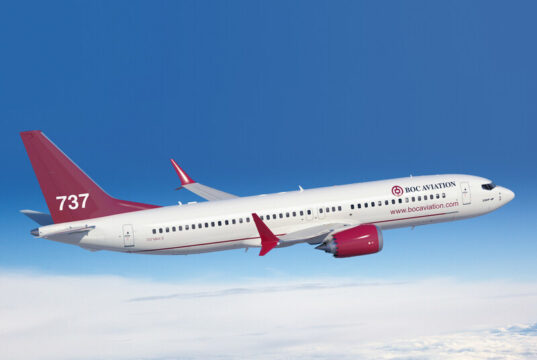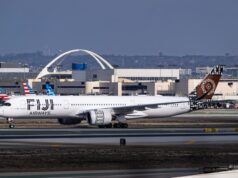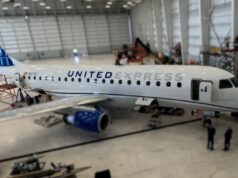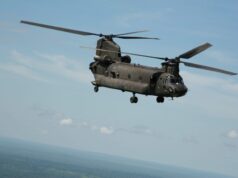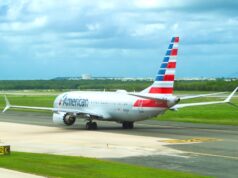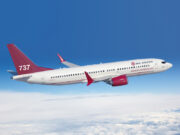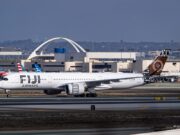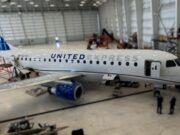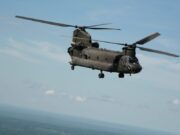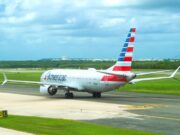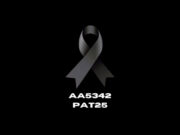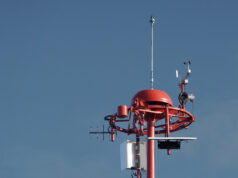From the early stages of flight training, instructors teach students about the importance of assessing fitness for flight. The operation of an aircraft is a demanding task that requires the pilot in command to maintain the highest possible levels of situational awareness. Any external factors capable of impairing situational awareness must be promptly recognized, mitigated, and addressed in order to guarantee a successful outcome.
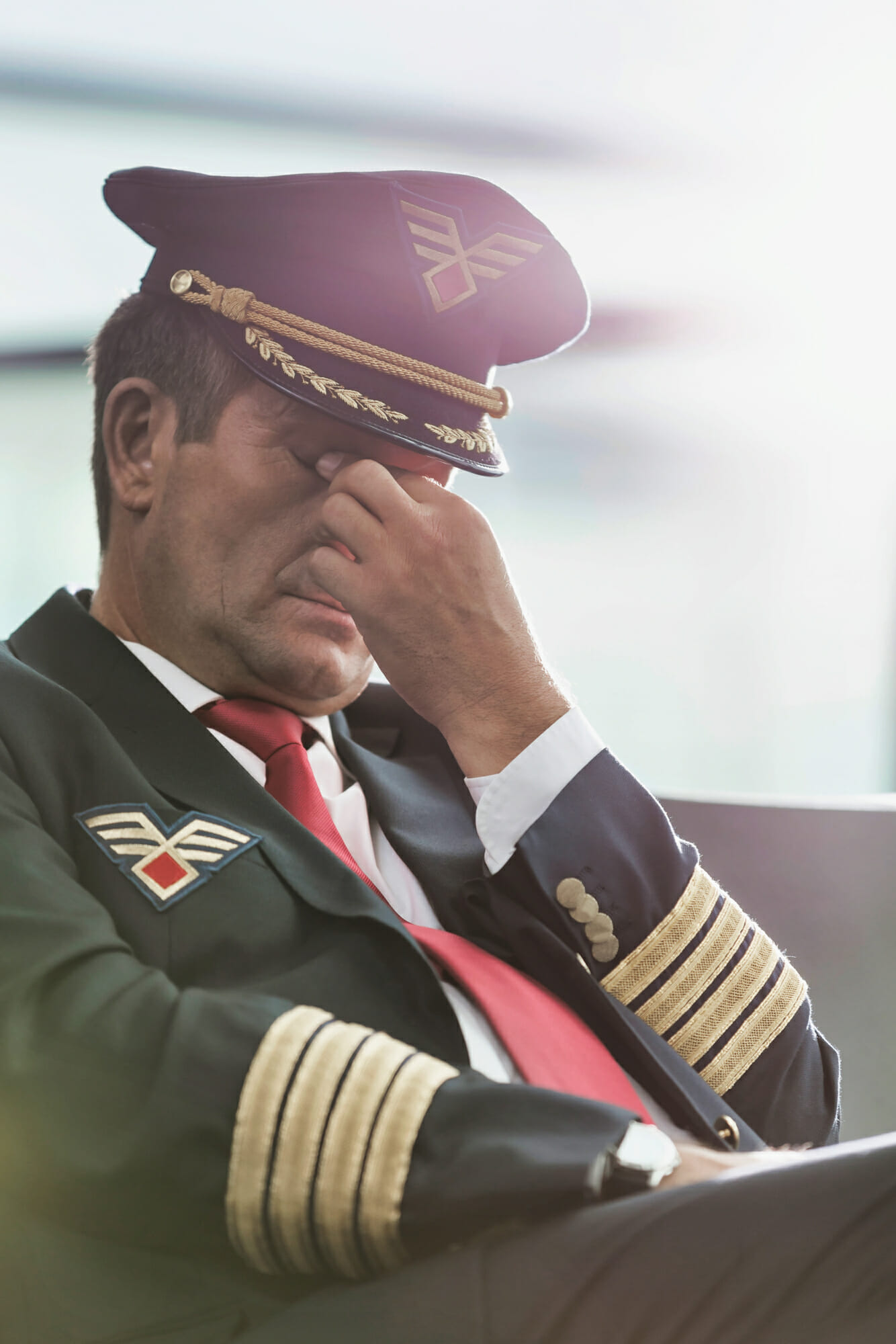
The effects of fatigue on pilot performance are unquestionable. Decreased alertness leads to falling behind the aircraft – overlooking critical elements both during the preflight phase of flight and throughout its duration. Pilots must be trained to develop their own personal rest requirements, beyond their own company’s policies and procedures. Each individual requires different levels of rest to perform at optimum levels, and therefore, must tailor these to their own experience level.
In addition to fatigue, flying with an illness or under the influence of a medication can also pose severe consequences. Medications can trigger a wide spectrum of side effects, many of which can take place at irregular intervals and go unnoticed by the individual. We can never train a pilot to recognize medications’ side effects. Rather, pilots must ground themselves prior to consuming any medication unless an aviation medical examiner dictates otherwise. The FAA has published official guidance on waiting periods for different medications. These waiting periods are minimum guidelines and may not be suitable for all individuals. If unsure, always consult with a medical examiner and make the most conservative decision.
Even a healthy and well-rested pilot may be subject to the distractions of daily life stresses. Stress has the potential of diverting our attention, disrupting our sleep, and limiting our ability to focus. Unlike short-term stress, chronic stress does not resolve on its own and typically requires the intervention of a professional. Seek medical attention promptly will allow treatment of the underlying cause to offer the greatest benefit and opportunity to solve the stressing behavior. Stress may also be induced by external pressures to complete a flight assignment. Whether those are personal or professional pressures from the workplace, you should never fly under pressure.
Fitness for flight is one of the most important elements of the risk assessment process. Whether a student pilot or experienced airline captain, the same guidelines and principles apply. Do not fly sick, fatigued or under external pressures. Guarantee your best possible performance while preserving your health and mental well-being. Lastly, never hesitate to seek professional medical advice, even if it involves grounding yourself for a period of time. Addressing either a mental- or physical-health issue promptly offers the best outcome of returning to the flight deck safely and at the earliest opportunity.












